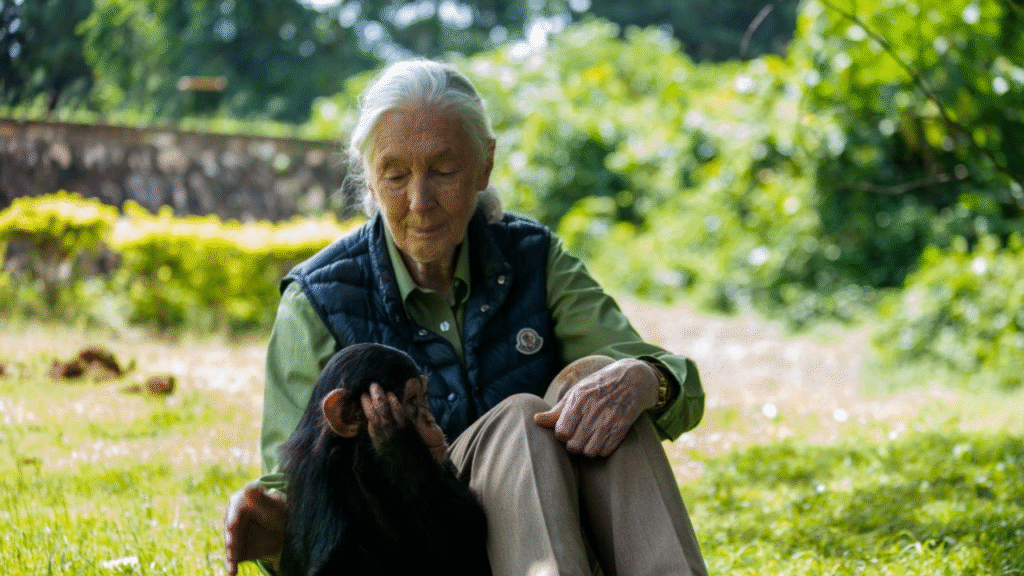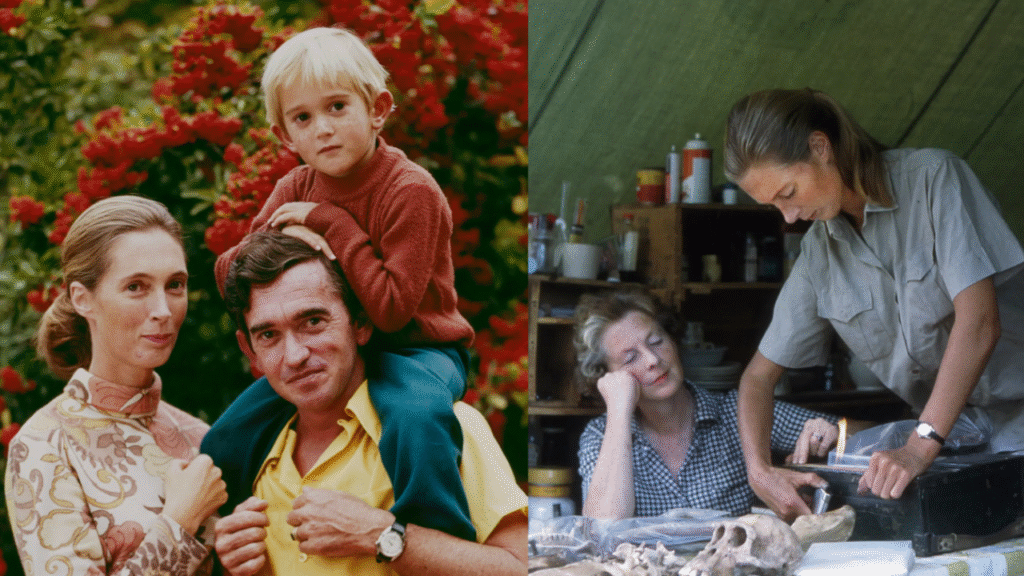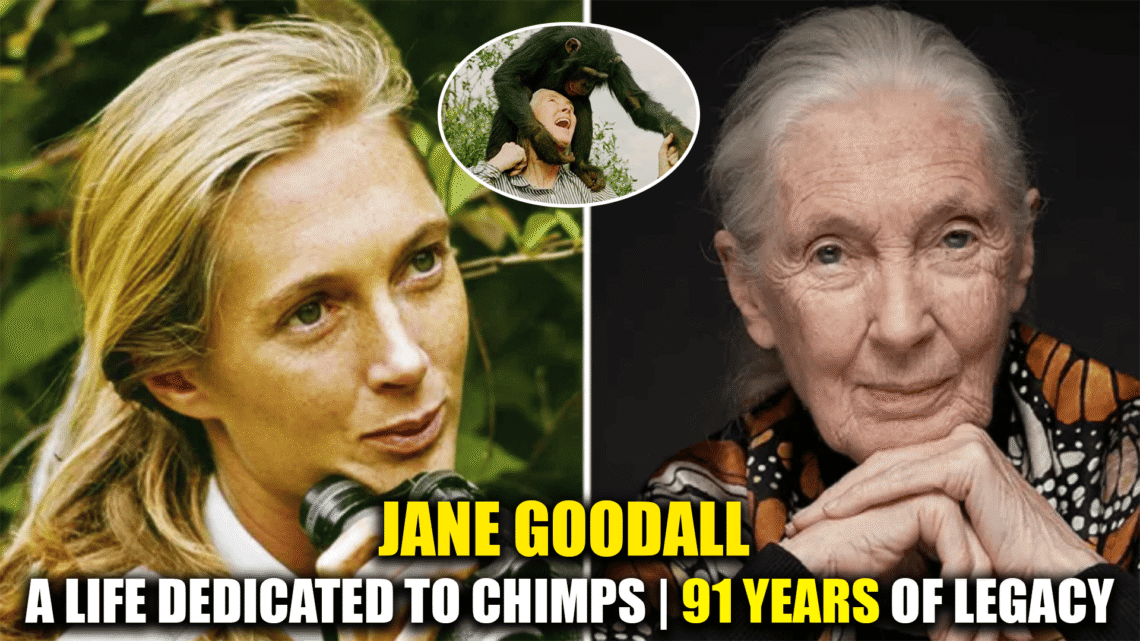Remembering Jane Goodall is essential for anyone who values compassion, discovery, and advocacy for wildlife. Jane Goodall, a name synonymous with pioneering primate research, dedicated her life to studying chimpanzees and promoting environmental conservation. Her work revealed the complex social lives of chimpanzees and inspired generations to care for our planet. In this article, we explore her life, contributions, and lasting impact.

Early Life and Inspiration
Jane Goodall was born on April 3, 1934, in London, England. From an early age, she displayed a deep fascination with animals and nature. Unlike many of her contemporaries, Jane’s curiosity was coupled with determination. She dreamed of observing animals in the wild, which eventually led her to Tanzania’s Gombe Stream National Park in 1960.
Her journey into primatology was unconventional. Without a formal college degree in the beginning, she relied on her passion and observational skills. Her persistence paid off when she began studying chimpanzees, a project that would redefine the field of animal behavior.
Pioneering Chimpanzee Research
Observing Chimpanzees in Gombe
Jane Goodall’s research at Gombe Stream National Park became legendary. She documented behaviors that scientists had long believed were unique to humans. Among her groundbreaking discoveries were:
- Tool Use: Chimpanzees fashioned sticks to extract termites, proving tool-making is not solely human.
- Complex Social Bonds: Chimpanzees displayed empathy, mourning, and intricate social hierarchies.
- Hunting and Cooperation: Observations of coordinated hunting challenged earlier beliefs about primate behavior.
These discoveries reshaped scientific understanding and earned Jane a place among the world’s most respected naturalists.
Real-Life Example: The Story of David Greybeard
One notable chimpanzee, David Greybeard, exemplified Jane’s groundbreaking work. Jane noticed his innovative use of tools and ability to form close bonds. Through her patient observation, David Greybeard became a symbol of the intelligence and emotional depth of chimpanzees, showcasing the value of ethical, patient field research.
Advocacy and Conservation Efforts
Beyond research, Jane Goodall devoted her life to advocacy. In 1977, she founded the Jane Goodall Institute, promoting conservation, animal welfare, and community-centered environmental projects.
Roots & Shoots Program
In 1991, she launched Roots & Shoots, a global youth initiative encouraging young people to protect wildlife, the environment, and local communities. Millions of students worldwide participate, demonstrating Jane’s influence on future generations.
Strategies for Conservation
Jane emphasized actionable strategies for preserving habitats:
- Community Engagement: Involving local communities in conservation efforts ensures long-term success.
- Education: Empowering youth to understand their role in environmental protection.
- Sustainable Practices: Promoting alternatives that balance human needs with wildlife preservation.
Her advocacy shows that one person’s dedication can ignite global change.
Lessons from Jane Goodall’s Life
Compassion in Research
Jane Goodall demonstrated that scientific discovery and empathy can coexist. She treated chimpanzees with respect, naming them instead of numbering them, highlighting their individuality.
Persistence and Curiosity
Her success stemmed from relentless curiosity and patience. Despite facing skepticism, Jane stayed true to her vision. Her life teaches that determination can overcome obstacles, no matter how unconventional the path.
Integrating Science and Advocacy
Jane combined rigorous scientific methods with a passion for advocacy, creating a blueprint for scientists who aim to make real-world impact.
Real-Life Impact: Conservation Case Study
In Tanzania, Goodall’s work led to the creation of protected areas for chimpanzees. Communities surrounding Gombe Stream were engaged in sustainable farming, reducing deforestation. This model demonstrates how research, advocacy, and community involvement can protect endangered species while supporting local livelihoods.
FAQs About Jane Goodall
Q1: Why is remembering Jane Goodall important?
A: Remembering Jane Goodall is crucial because she revolutionized our understanding of chimpanzees and inspired global conservation efforts.
Q2: What were Jane Goodall’s major discoveries?
A: She discovered tool-making in chimpanzees, complex social behaviors, and evidence of empathy and cooperation.
Q3: How did Jane Goodall contribute to conservation?
A: Through the Jane Goodall Institute and Roots & Shoots, she promoted wildlife protection, community involvement, and environmental education.
Q4: What lessons can we learn from Jane Goodall?
A: Her life teaches compassion, persistence, curiosity, and the power of combining science with advocacy.
Q5: How has Jane Goodall influenced future generations?
A: She inspired millions of young people to engage in conservation and pursue scientific research with empathy and dedication.

Conclusion
Remembering Jane Goodall reminds us that one person’s passion can transform the world. Her pioneering research revealed the intelligence and emotional depth of chimpanzees. Beyond science, her advocacy empowered communities and inspired global conservation efforts. Jane Goodall’s legacy of compassion, discovery, and advocacy continues to guide us toward a more compassionate, sustainable, and informed world. Her life is a testament to curiosity, persistence, and the impact of living with purpose.





